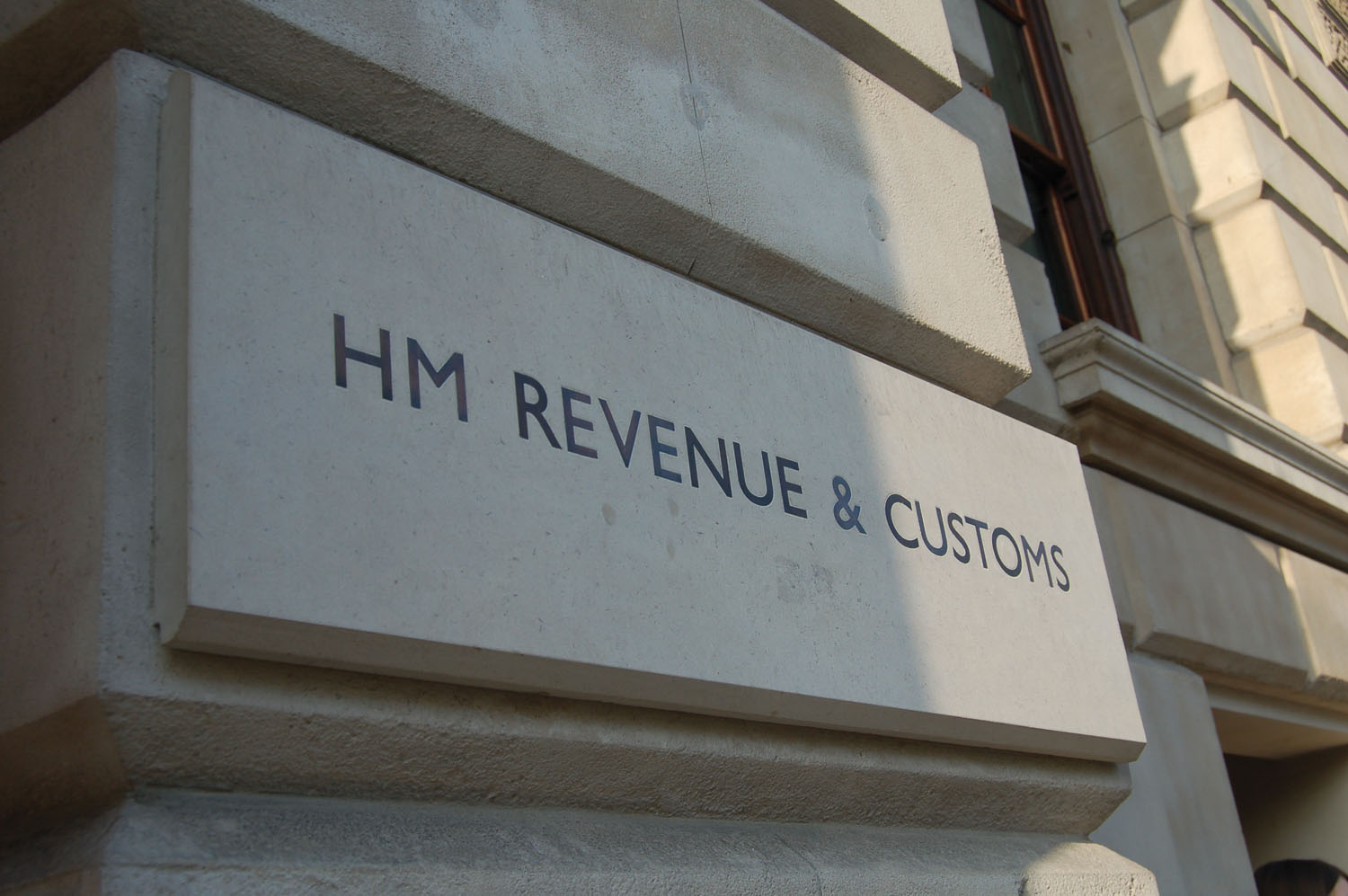Investing
UK government shelves proposals to increase Capital Gains Tax rate

The government has shelved proposals to raise capital gains tax but has agreed to make technical tweaks to simplify the process.
In a letter to the Officer of Tax Simplification, conservative MP Lucy Frazer on behalf of the Treasury said: “As you rightly highlight in your first report, these reforms would involve a number of wider policy trade-offs and so careful thought must be given to the impact that they would have on taxpayers, as well as any additional administrative burden on HMRC. The Government will continue to keep the tax system under constant review to ensure it is simple and efficient.”
She continued that the government had accepted five recommendations from the report on technical and administrative issues with CGT, as they would offer “some practical simplifications for taxpayers”.
CGT is a tax on the profit when you sell an asset that has increased in value. For those who pay a higher rate of income tax, or a trustee or business, the rate is currently 28 per cent on gains from residential property and 20 per cent on gains from other chargeable assets.
For those on basic rate income tax the rate will depend on the size of the gain, taxable income and whether the gain is from residential property or other assets.
These recommendations include allowing HMRC to integrate different ways of reporting and paying CGT into a single customer account, extending the reporting and payment deadline for UK property return to 60 days, extending the “no gain no loss” window for separation and divorce and expanding specific rollover relief rules where land and buildings are acquired under Compulsory Purchase Orders.
The government is also considering five additional recommendations and will keep them under review, which include formalising administrative arrangement for “real time” CGT service and a review of private residence relief nominations.
Sarah Coles, senior personal finance analyst at Hargreaves Lansdown: “It’s a huge relief to see CGT reform proposals shelved, because while the tax is in dire need of simplification, doing it by ramping up the rates would have caused more problems than it solved.”
She continued: “There would have been huge unintended consequences of the proposed CGT changes, because people would have been artificially trapped holding assets they didn’t want – because the tax benefits of hanging onto them until they died would have been too good to lose. This would mean, for example, buy-to-let investors refusing to part with properties they don’t really want in an effort to avoid CGT, while first time buyers struggle to get on to the property ladder.”
She said that the amendment for divorcing couples was a “welcome tweak”, as currently if a divorce crosses into a new tax year then assets that pass between the couple become subject to CGT.
She explained: “This tweak will mean this is no longer the case, so couples won’t be forced to time proceedings quite so ruthlessly, rush decisions through, or pay the price for delay.”